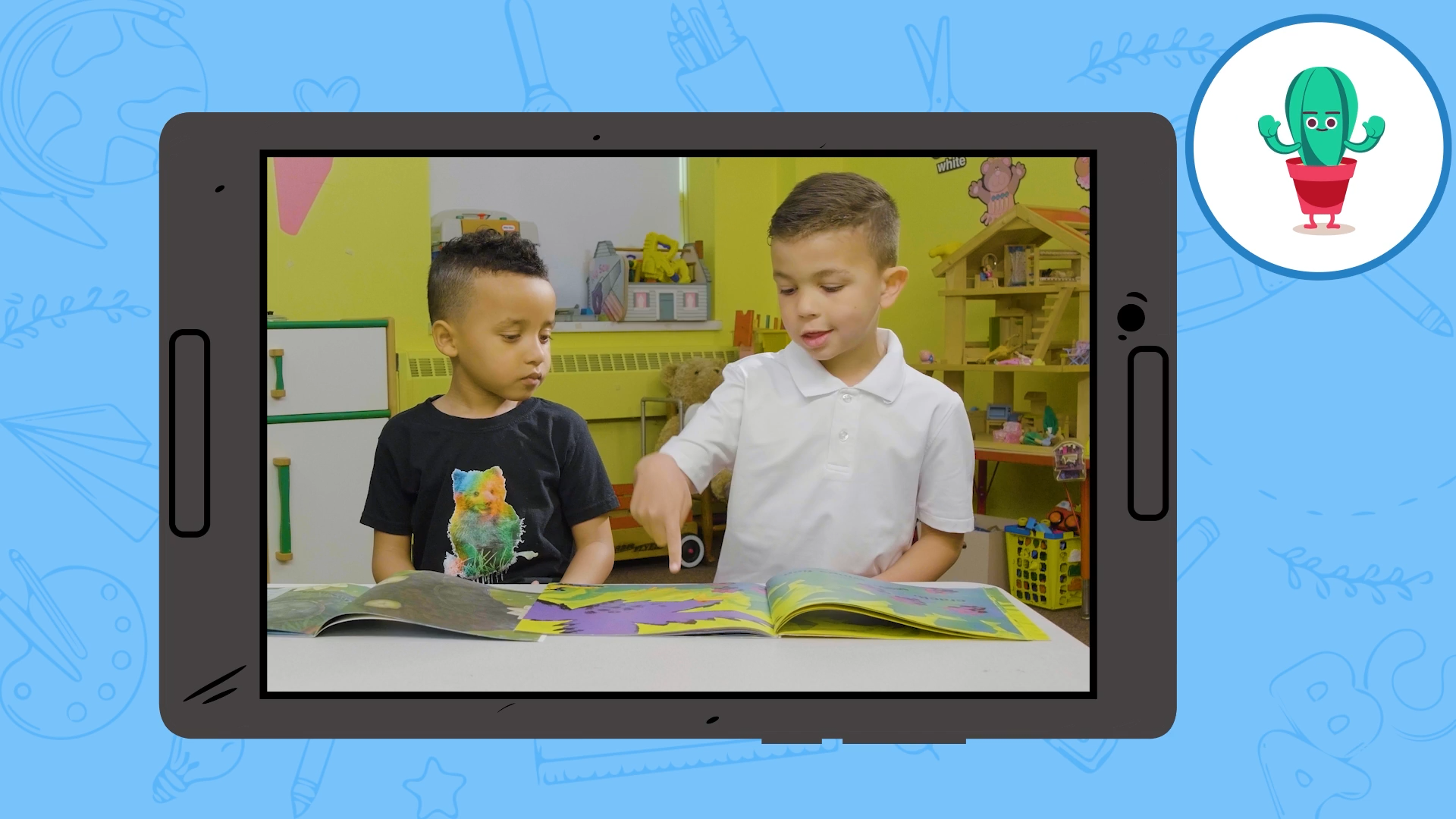
In this blog post, we will explore the benefits of self-talk and how educators can incorporate this skill into their teaching strategies. Self-talk is a powerful tool that can help students develop a positive mindset and improve their emotional well-being, especially those in Special Education settings.
Introduction
Self-talk is the internal dialogue we have with ourselves throughout the day. It can be positive, neutral, or negative. By teaching students how to use positive self-talk, we can help them improve their mindset, boost their self-esteem, and enhance their overall emotional well-being. When students practice positive self-talk, they can better cope with challenges, develop resilience, and ultimately achieve success in the classroom and beyond.
No-Prep Activity: Positive Self-Talk Challenge
This activity requires no preparation or materials from the educator. Here’s how it works:
- Ask students to think of a situation where they might feel stressed, anxious, or frustrated.
- Invite them to identify the negative self-talk they might use in that situation (e.g., “I’m not good at this,” “I can’t do it”).
- Encourage students to replace the negative self-talk with positive statements (e.g., “I can learn from my mistakes,” “I’m doing my best”).
- Have students practice saying the positive self-talk statements to themselves in their heads.
- Ask students to share their experience with the class and discuss how using positive self-talk made them feel.
By practicing this activity regularly, students can learn to recognize and change their negative self-talk, ultimately improving their mindset and emotional well-being.
Discussion Questions
Use these questions to stimulate further discussion about self-talk:
- Why do you think it’s important to use positive self-talk?
- What are some examples of negative self-talk that you’ve noticed in yourself or others?
- How do you think practicing positive self-talk can help students in Special Education settings?
- Can you think of a time when you used positive self-talk to overcome a challenging situation? How did it make you feel?
- What strategies can you use to remind yourself to practice positive self-talk throughout the day?
Related Skills
Here are some other relevant skills that can support students’ social-emotional learning:
- Emotion regulation: Teaching students to recognize and manage their emotions effectively.
- Growth mindset: Encouraging students to believe that they can improve their abilities through effort and learning.
- Resilience: Helping students develop the ability to bounce back from setbacks and challenges.
- Self-awareness: Fostering students’ understanding of their own emotions, strengths, and areas for growth.
- Empathy: Teaching students to understand and share the feelings of others.
Next Steps
If you found this blog post helpful and would like to explore more resources to support your students’ social-emotional learning, we encourage you to sign up for free samples of the discussed skill and others at Everyday Speech. These materials can help you create a more inclusive and supportive learning environment for all of your students, including those in Special Education settings.

